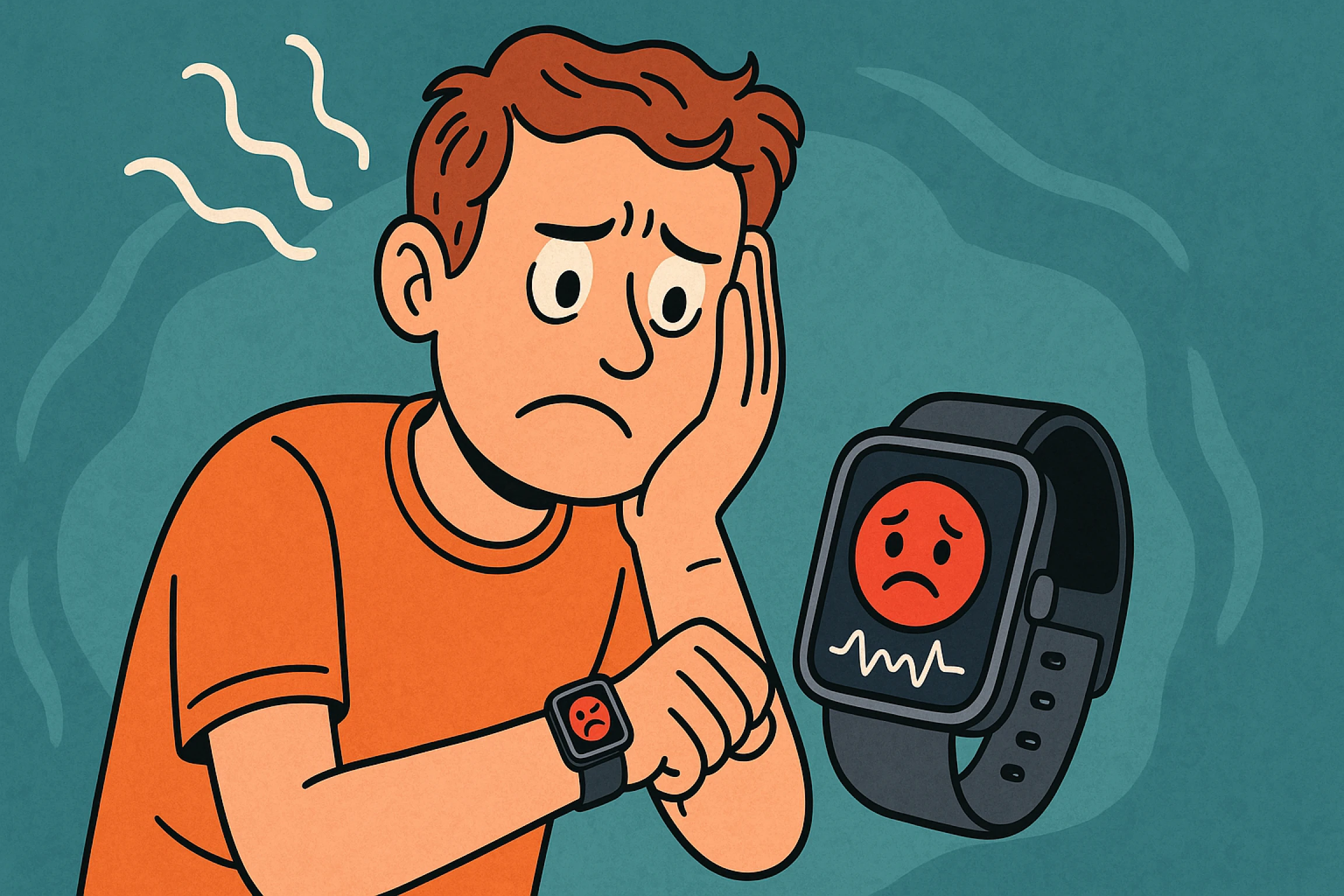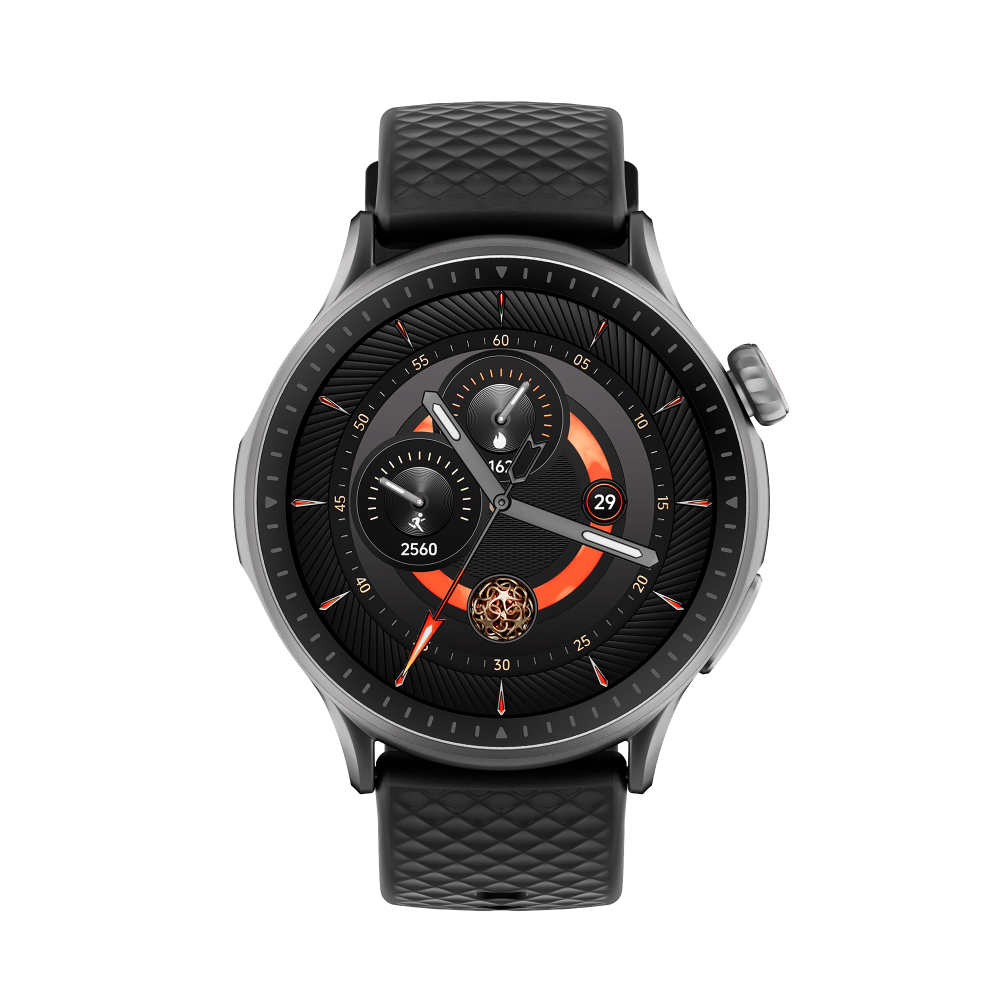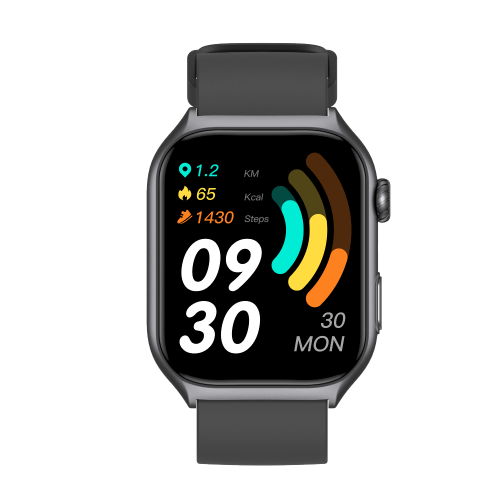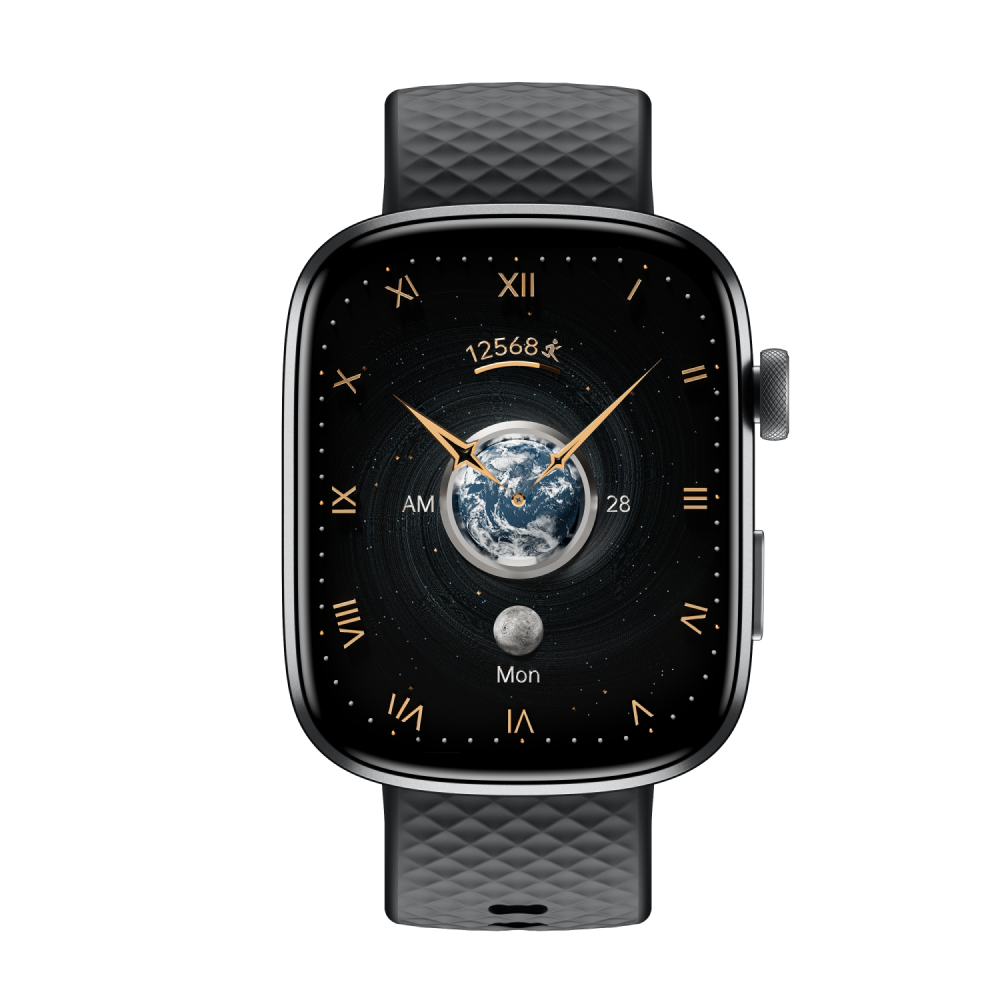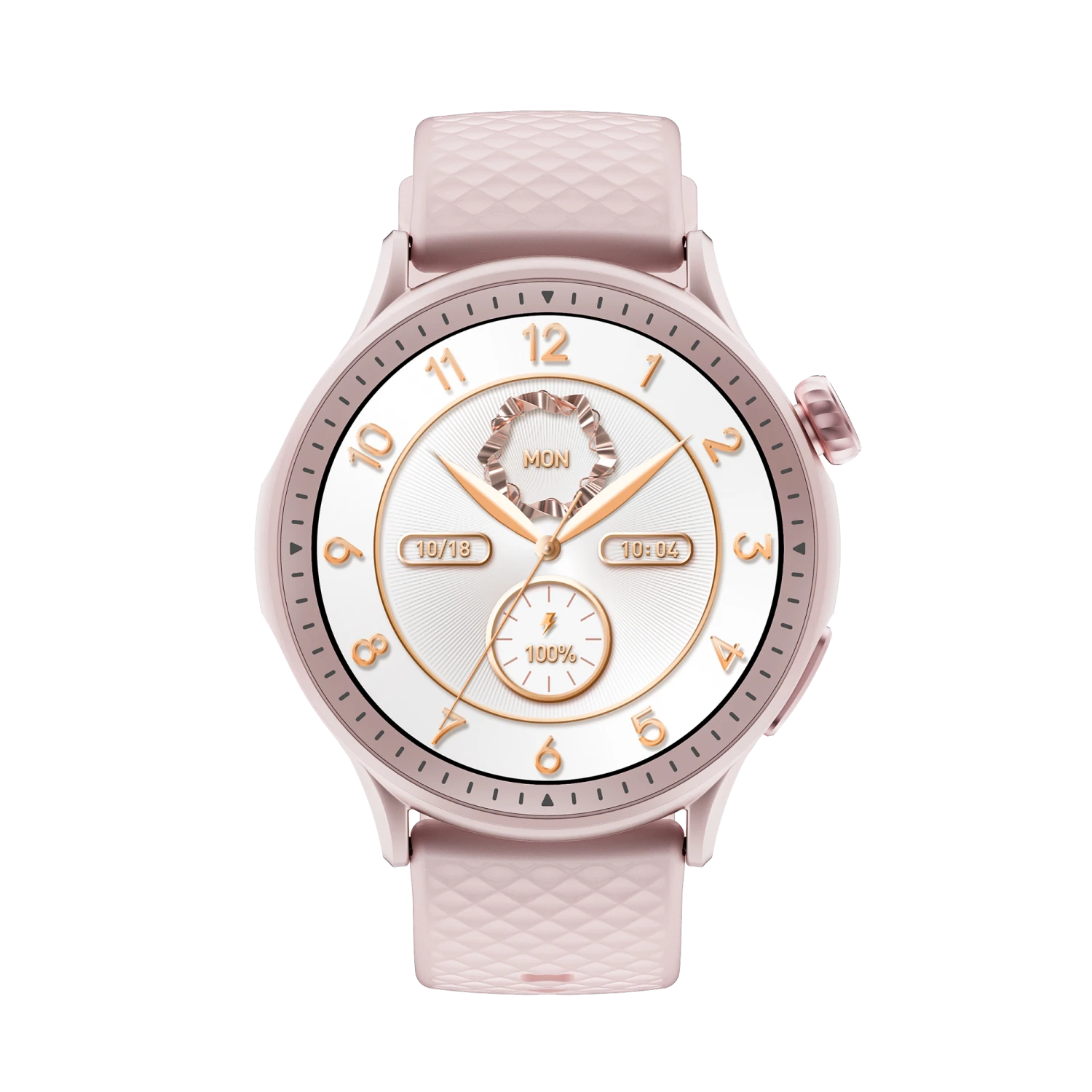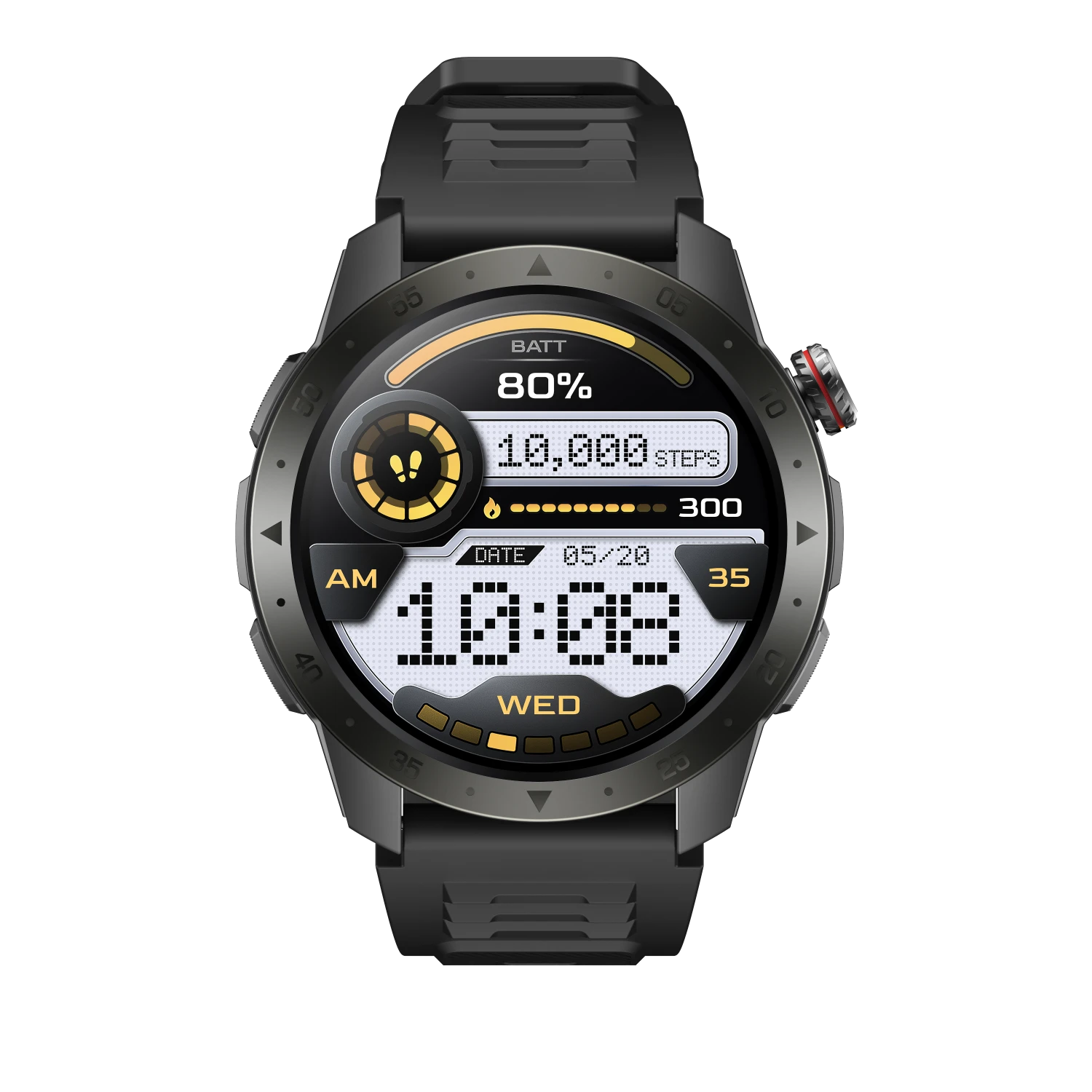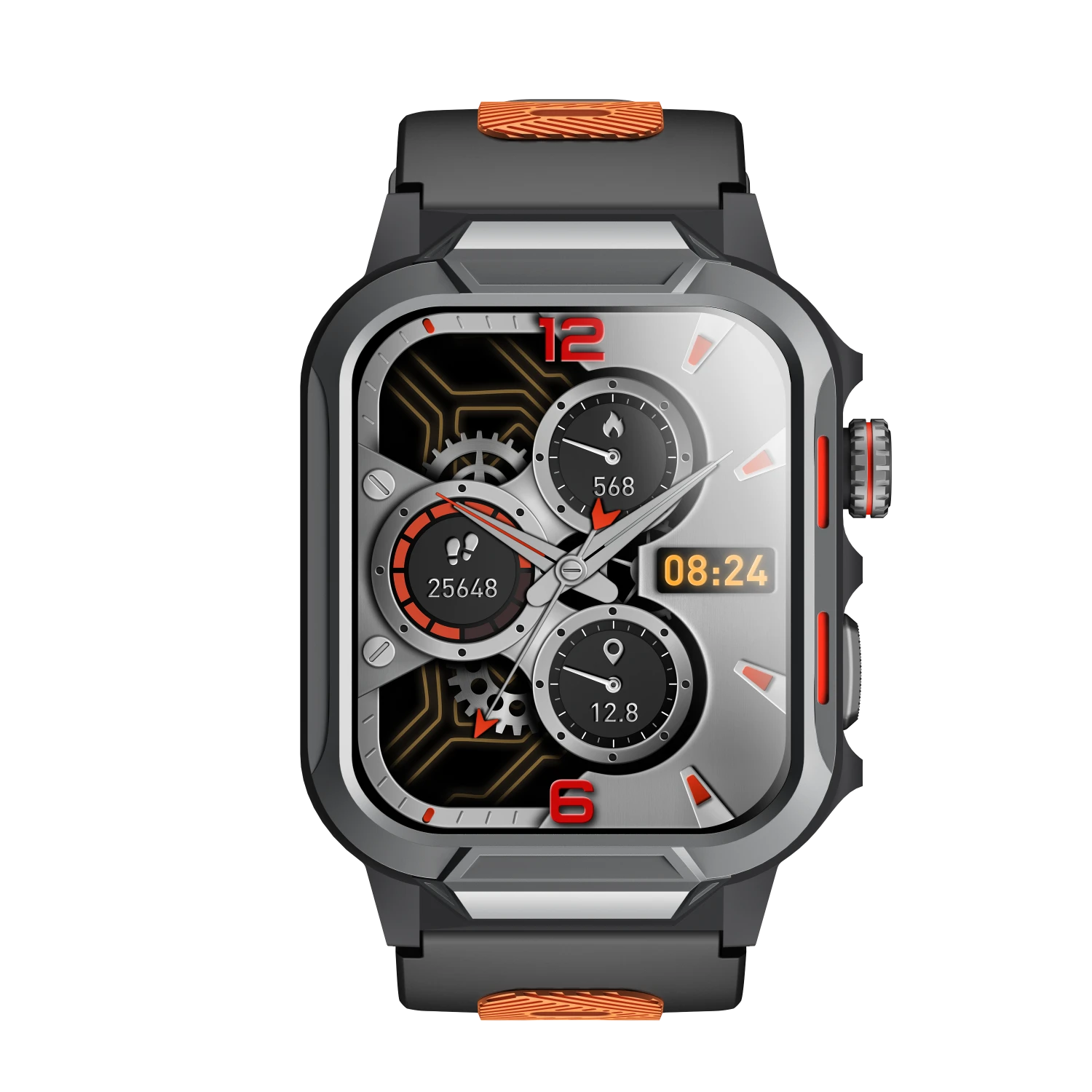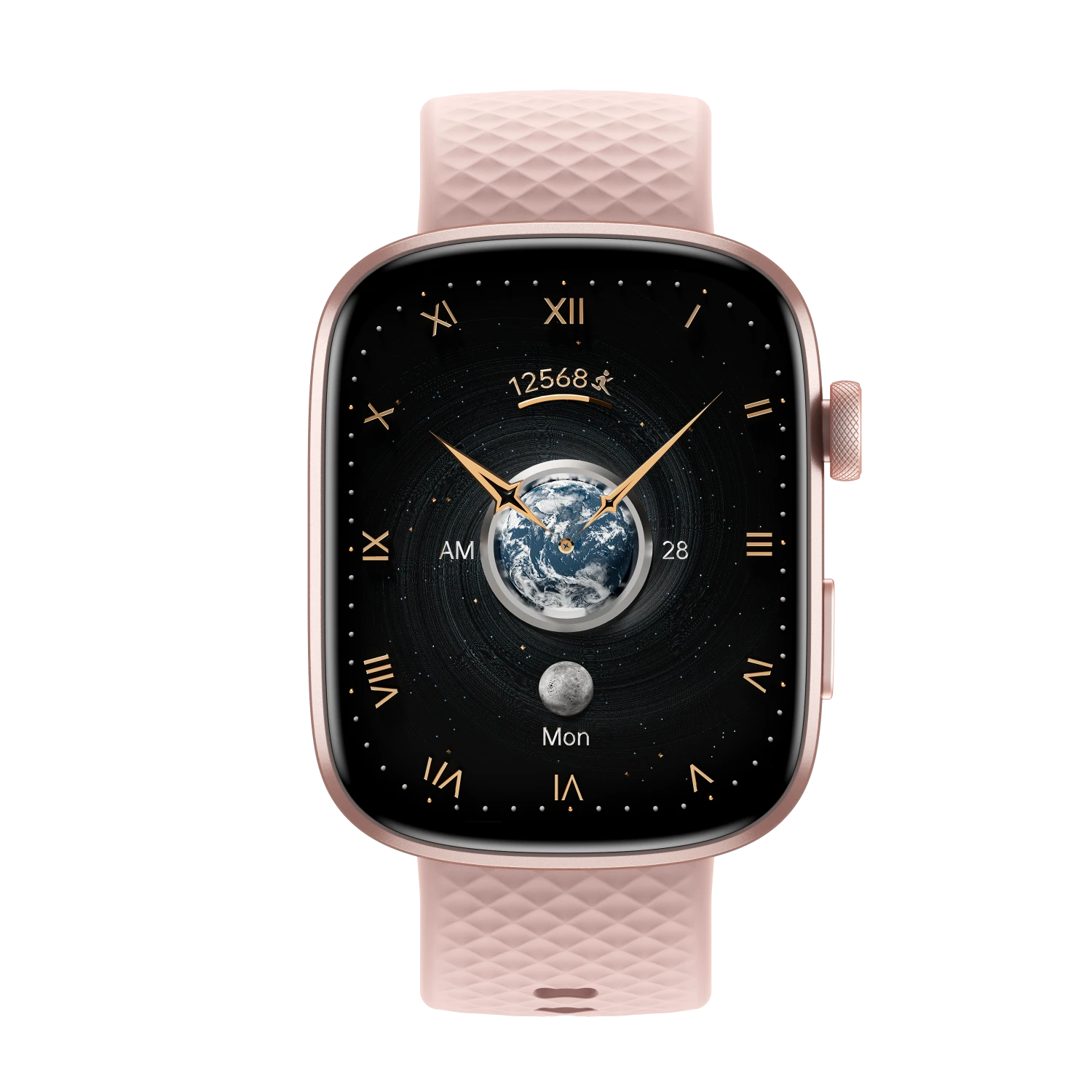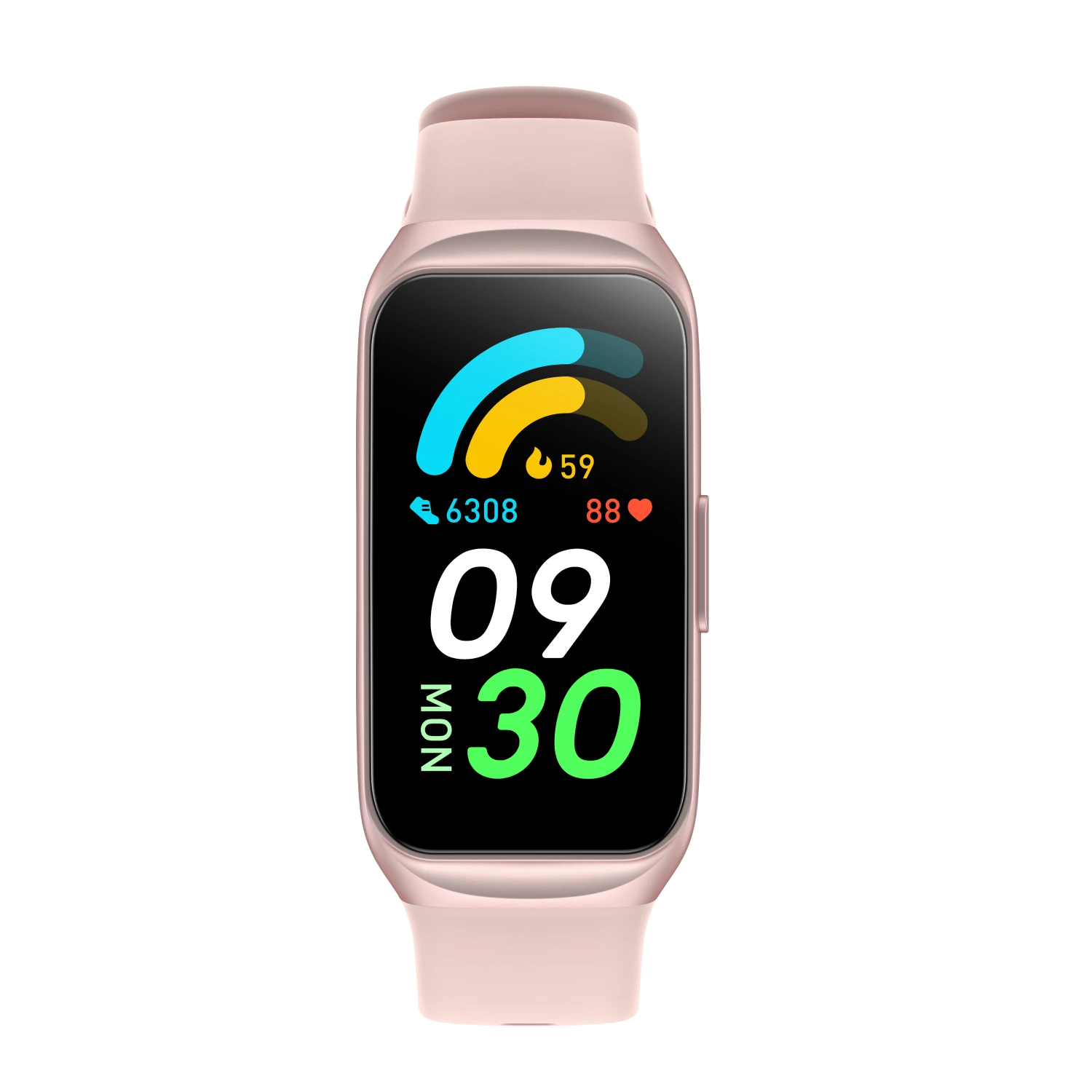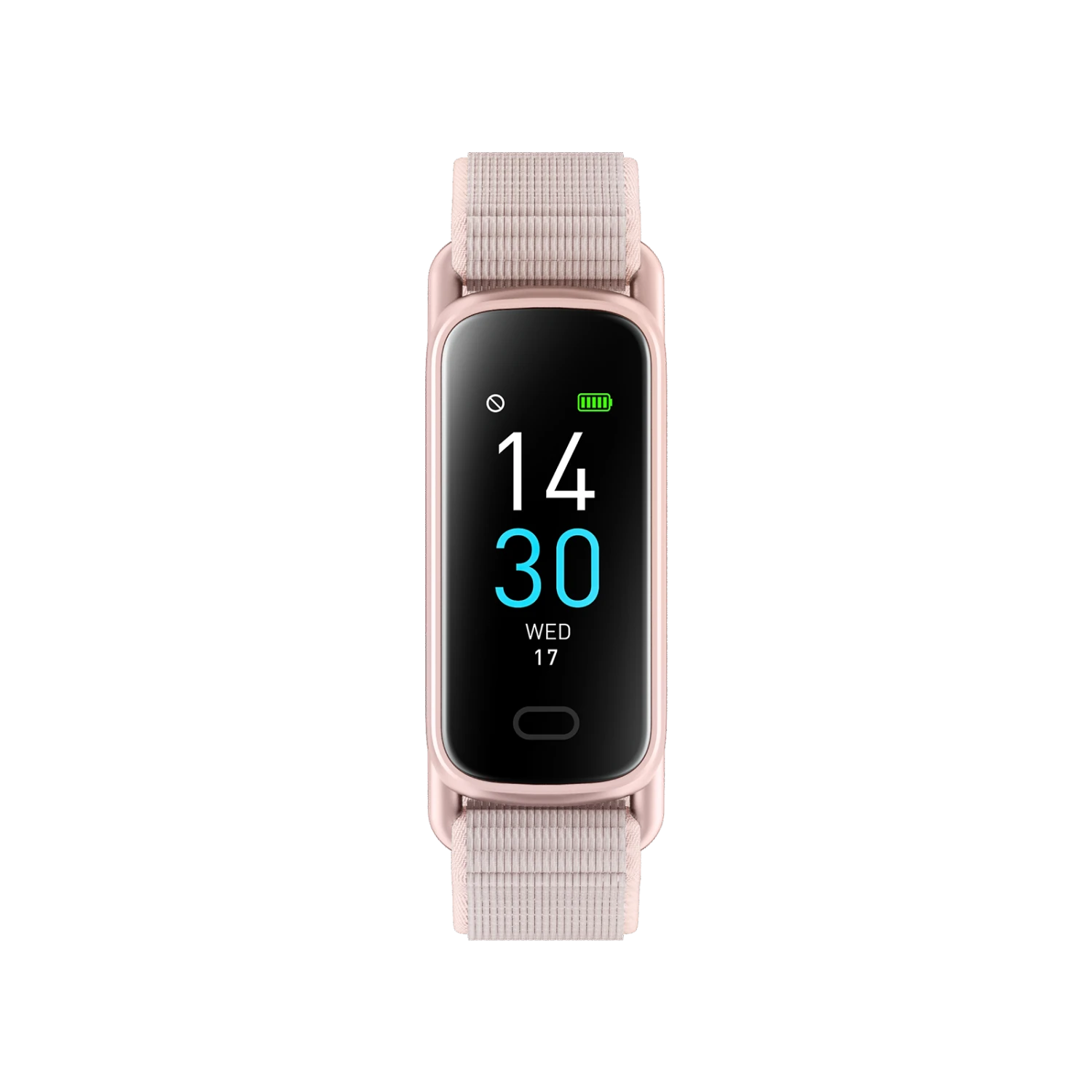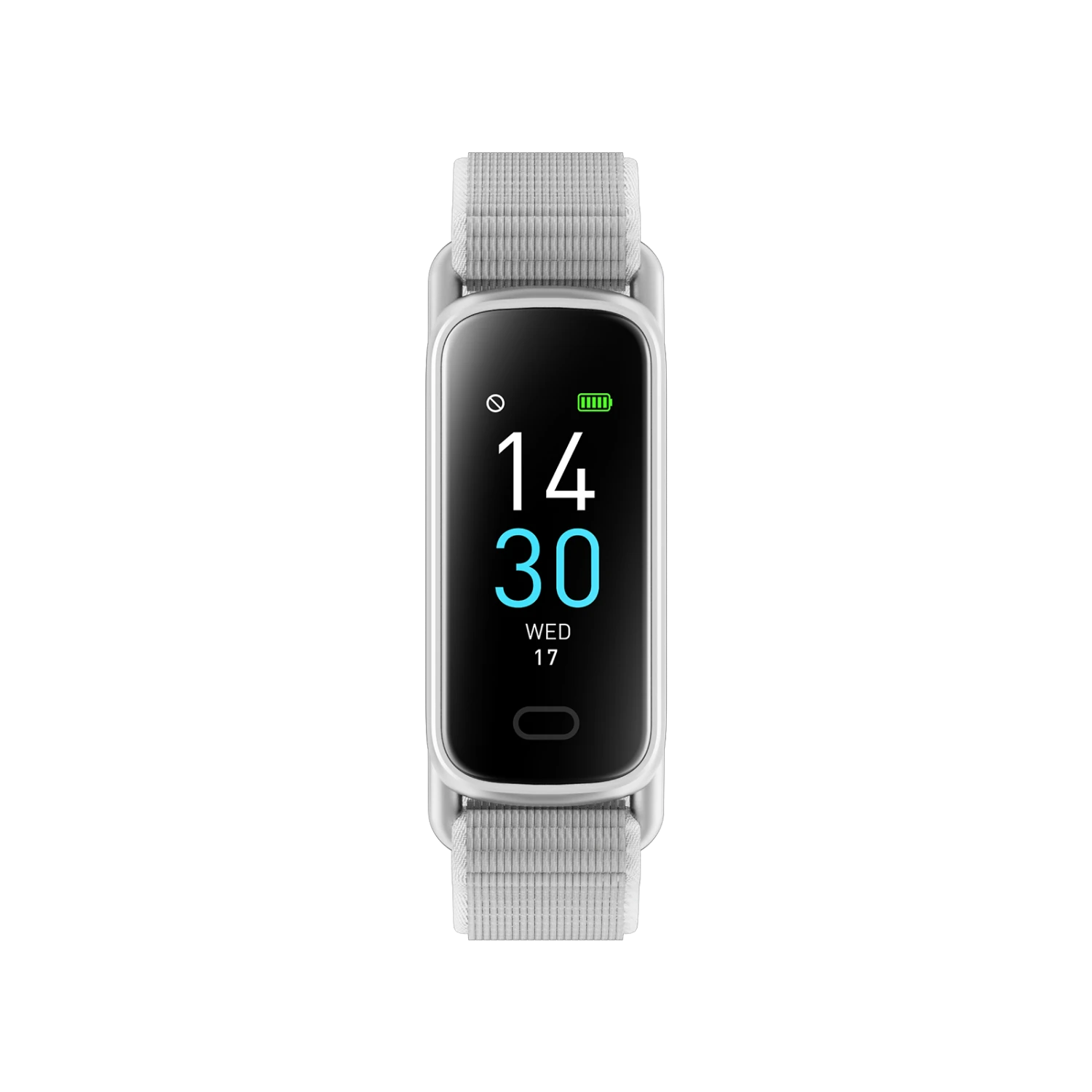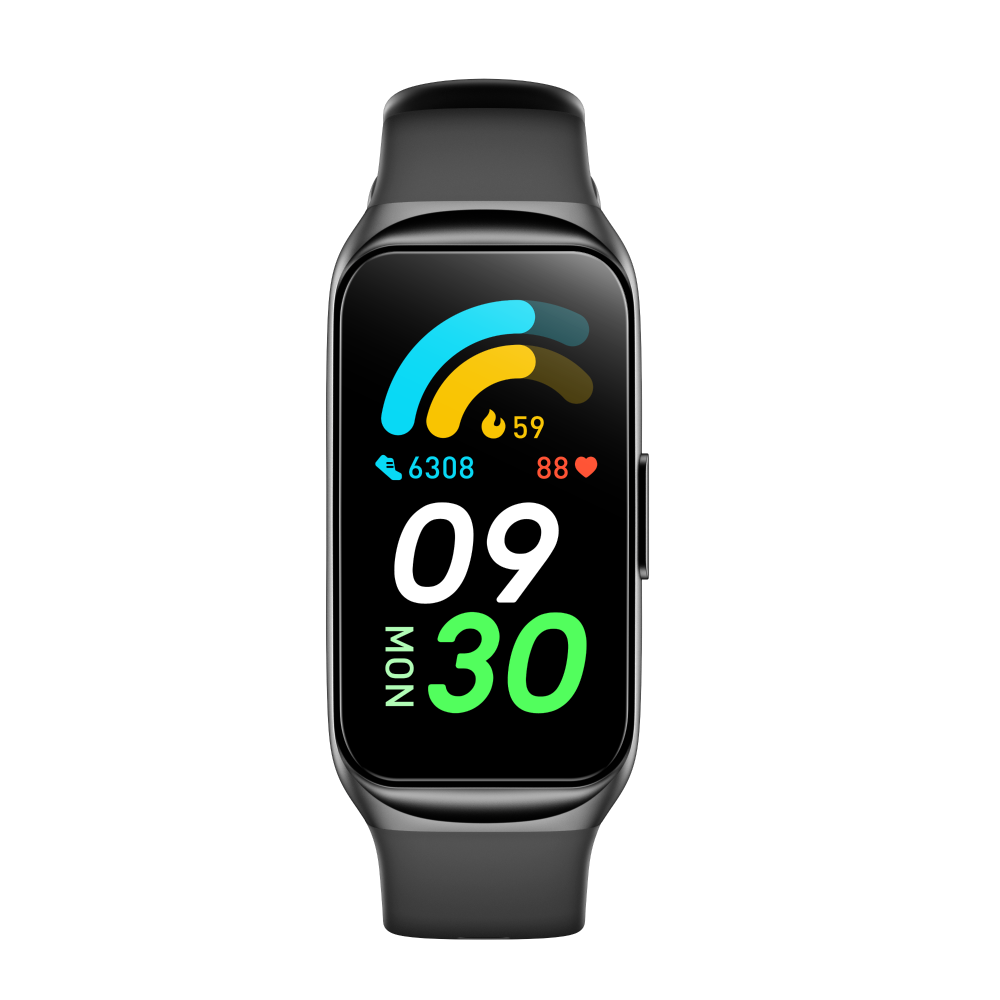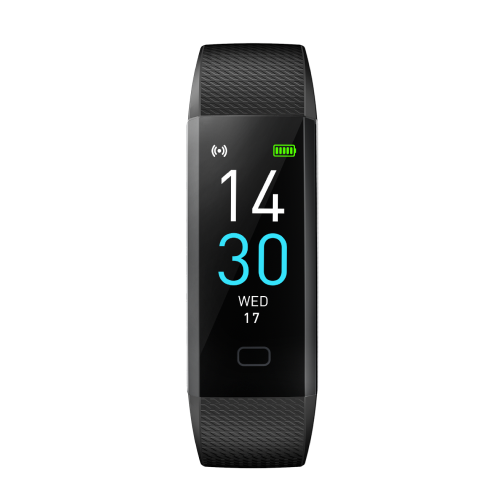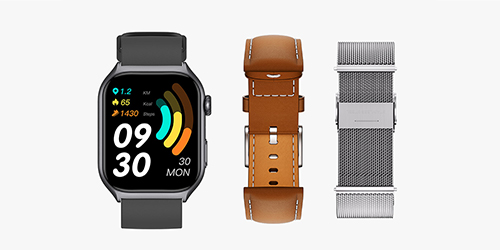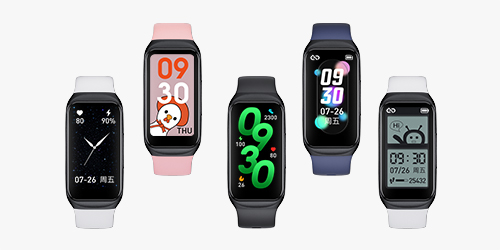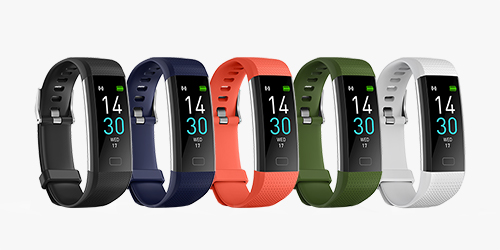In the fast-paced world we live in, it’s more important than ever to stay connected and informed. Smart watches have now become the most popular multi-functional smart gadget, providing a range of functions to meet users’ diverse daily needs and enhance our daily experience.
Beyond the basis tracking and reminder functions such as heart rate and sleep quality, most smartwatches are now delving into the realm of emotional well-being. Introducing the ability to monitor emotional states will become an important aspect of understanding and effectively managing our mental health.
What Is Mood Tracking in Smart Watches?
Emotion recognition, or mood tracking, is the systematic recording of a person’s emotional state over time. Traditionally done through journals or dedicated apps, the process involves recording feelings, triggers, and any relevant contextual information.
However, having a smartwatch with mood-tracking capabilities can make it more accessible and convenient for you to note down how you’re feeling. Some smart watches can even support automatic recognition of your emotions, without having to enter anything manually. The smartwatch will then store this data, and you can sync it with the companion app, where you can view your current emotional state, suggestions for adjustments, and emotional trends over time.
How Mood Tracking Works in Smart Watch
Smartwatches are typically equipped with an array of sensors capable of capturing various physiological signals, including heart rate variability (HRV), blood oxygen levels, and blood pressure. Some of these biometric markers can offer insights into the wearer’s stress levels, anxiety, mood, and overall emotional state. The most common one is heart rate variability (HRV), which is thought to be related to a person’s stress and mood.
Smartwatches with automatic emotion detection typically work by using specific algorithms to analyze your HRV or other physiological signals, and then identify subtle changes to infer your emotional state. Over time, your smartwatch becomes more attuned to your unique physiological responses, leading to increasingly accurate mood predictions. For example, if your blood pressure is elevated, your heart rate variability is low, and your breathing is rapid, your smartwatch may detect that you’re stressed or angry.
Top Pick
Benefits of Tracking Mood
Why do we need to track our mood or emotional state? Mood tracking is a simple but effective practice that can help you improve your mental health and well-being. With a smartwatch automatically recording your mood at regular intervals, it can help you understand how your mood changes over time and what factors influence it. Mood tracking can help you in many ways, some of the benefits are:
Detect stress early
By continuously monitoring physiological indicators, smartwatches can detect signs of stress before it escalates, which can help manage stress levels. For example, you will receive timely notifications when unusual situations occur. Some smartwatches and apps will then encourage proactive steps to manage stress levels, such as breathing exercises and mindfulness meditation.
Identify triggers
Mood tracking can help you identify external and internal triggers that cause mood changes or mood swings. For example, you may notice that your mood drops when you’re stressed at work or skip a meal.
By knowing your triggers, you can avoid them or prepare for them in advance. A smartwatch with mood tracking can help you monitor your condition in real time, identify warning signs of potential incidents, and seek help through an SOS call when needed.
Learn about yourself
Mood tracking can lead to increased self-awareness, helping you learn more about how factors such as sleep, diet, and daily activities affect your mood. For example, you may find that you feel happier when you get enough sleep, eat healthy foods, and exercise regularly.
By wearing smartwatches with emotion recognition and mood tracking, you can better record your emotions regularly. As a result, you will become more aware of your own emotions and moods, and how they affect your behavior and decisions. You can also learn how to better manage and regulate your emotions, optimize your lifestyle, and develop a sense of control over your mental and emotional health.
Find your patterns
Mood tracking can also help you discover patterns and better understand mood changes, which can lead to personal growth. For example, you may notice that your mood fluctuates with the seasons, moon phases, or menstrual cycles. By understanding your emotional patterns, you can anticipate and adjust them accordingly, developing strategies to manage negative emotions and enhance positive emotions.
Determine what helps
Through regular mood tracking, you can develop coping skills to help deal with negative emotions and unwanted behaviors. You may realize that taking medication, going to therapy, or joining a support group can have a positive impact on your mood. Or, you might find that writing down your thoughts, listening to music, or talking to a friend can help you calm down when you feel angry or anxious.
Recommended
Touch-Sensitive Button, 100+ Sports Modes, 24/7 Heart Rate, HRV Stress, Mood Tracking, Women's Health, 10 Days Battery Life
Bluetooth Calling, Smart Notifications, Heart Rate, Blood Oxygen Level, Women's Health, HRV Stress, 10 Days Battery Life
Knowing what works for you will help improve your mood, and you can continue to use these strategies as needed and monitor your progress. Emotion tracking is a valuable practice that can help you identify triggers, understand yourself, develop coping skills, discover patterns, and determine what factors are helpful. It can be done in various ways, and you can choose the method that suits you best. Consider a smartwatch with mood tracking, it can be a rewarding and empowering experience that helps you take control of your mood and your life.


